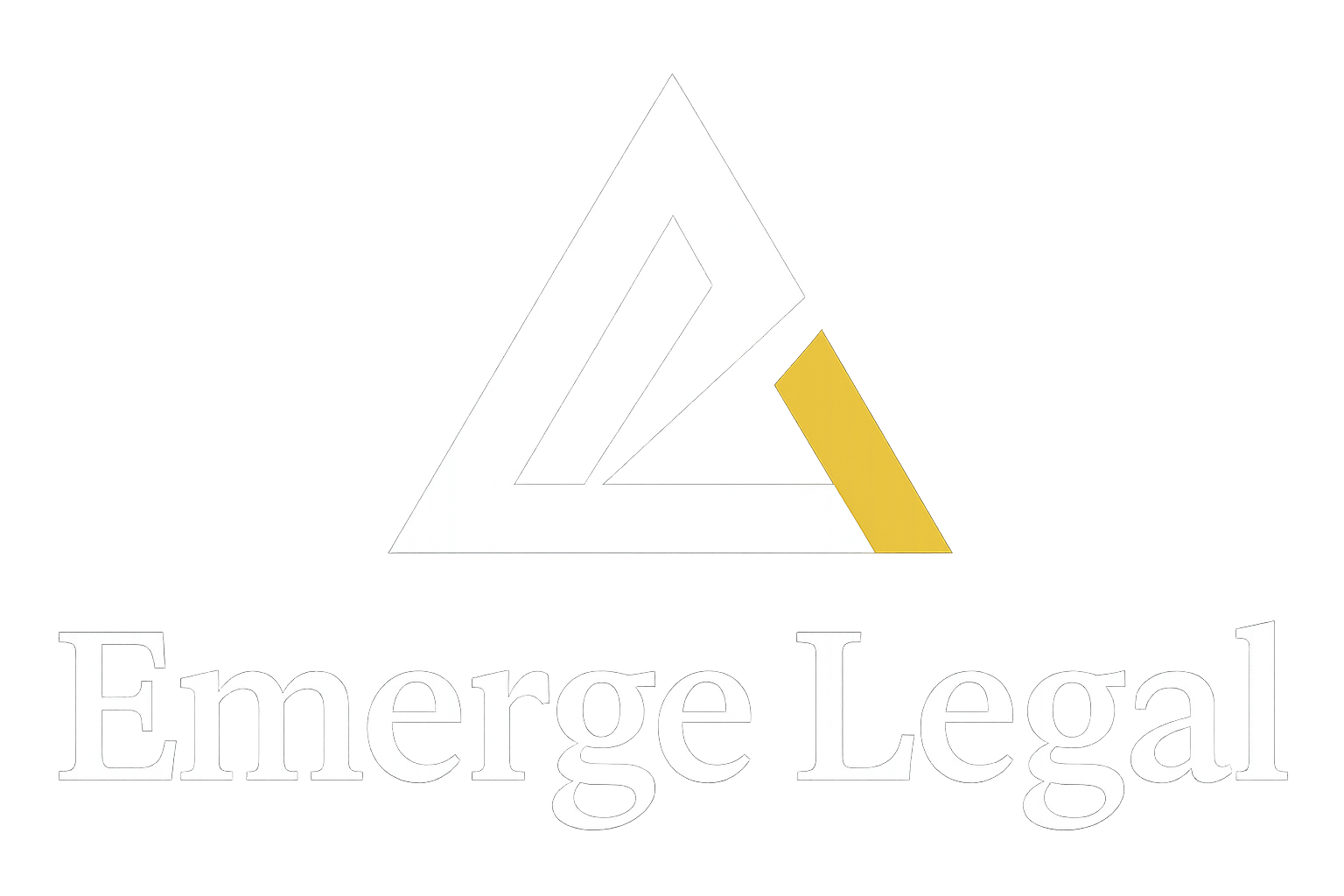
A Shareholders’ Agreement (SHA) is designed to manage the relationship between the shareholders and the company (the issuer). It outlines the rights and obligations of shareholders, regulates share ownership, voting rights, entitlements, and provides various protections for the shareholders.
Key Clauses
Board of Directors:
This provision outlines the duties, rights, powers, and responsibilities of the Board of Directors (the “Board”). It also defines the composition of the Board, including the procedure for appointing directors, the rights granted to promoters to alter the Board’s structure, and shareholders’ voting rights related to the removal or replacement of directors.
Board Proceedings:
This clause specifies how Board meetings are to be conducted, including their frequency, the interval between meetings, directors’ sitting fees, and procedural aspects. It also covers the appointment of the chairman, the quorum required for valid meetings, and situations where quorum requirements may be waived or adjusted.
Committees:
This section addresses instances where the Board delegates specific tasks to committees made up of certain directors and/or company officials. It extends relevant provisions—such as quorum requirements and decision-making processes—to these delegated committees.
General Meetings:
This clause sets out the framework for convening general meetings, including the obligation to hold a specified number of meetings annually. It covers quorum requirements for passing resolutions, details of meeting notices, and provisions for convening extraordinary general meetings.
Reserved Matters:
This clause outlines specific matters that require the additional consent of a designated group of shareholders before any decision or action can be legally binding. Failure to obtain such required consents, or any breach of this provision, will render the related decisions, actions, or resolutions null and void.
Exit:
This clause obligates the Company and its founders to facilitate a complete exit for investors within a defined time period. The exit may be achieved through the following avenues:
a) Initial Public Offering (IPO):
If the exit is through an IPO, it must be conducted with the prior written approval of the majority of investors and in compliance with statutory regulations, including the involvement of independent market bankers.
b) Sale of the Company:
If the IPO does not materialize, the Company is required to pursue a sale under the same terms and conditions (including pricing) as approved by the majority of the investors.
c) Sale to a Third Party:
If neither an IPO nor a Company sale occurs within the specified exit period, the majority of investors may issue an Exit Notice to the Company. Upon receiving the notice, the Company must engage a merchant banker, acceptable to the majority investors—to identify a third-party buyer for the investors’ shares at either:
(i) the Preference Amount, and/or
(ii) the Fair Market Value as of the date of the third-party sale
d) Buy-Back:
If the Company fails to provide an adequate exit within the designated exit period—whether through an IPO, Company Sale, or Third-Party Sale then, upon request by the majority of investors, the Company may, at its discretion, issue a “Buy-Back Notice” offering to repurchase the investors’ shares on a pro-rata basis. The buy-back price will be the higher of: (i) the Preference Amount on an as-if-converted basis, or (ii) the Fair Market Value as of the date of the Buy-Back Notice, subject to applicable laws and the consent of the majority of investors.
e) Drag-Along Right:
If an exit is not achieved within the stipulated period—whether by IPO, Company Sale, Third-Party Sale, or Buy-Back or if the Company defaults, the majority investors shall have the right (but not the obligation) to require all other shareholders, including employees, to sell their shares to a bona fide third-party purchaser (not affiliated with the dragging investors) at the same price and on the same terms and conditions offered to the dragging investors.
Event of Default:
This is a non-obstante clause, meaning it overrides conflicting provisions. If an event of default occurs, the non-defaulting parties are entitled to enforce specific performance of their rights, along with any other remedies available under applicable law.
Transfers:
The transfer clause defines the legal framework for any share transfers by shareholders or investors. It imposes restrictions and grants certain rights to ensure compliance. Any transfer made in violation of this agreement will be deemed null, void, and unenforceable against the Company or any of its parties. Typically, this clause includes provisions governing the manner, conditions, and approval processes for valid share transfers.
1.1 Right of First Offer (ROFO):
A ROFO is a contractual right that requires any investor intending to sell their shares to a third party to first offer those shares to the promoter entity. Only after the promoter has been given the opportunity to purchase the shares—and declines—can the investor proceed with a third-party sale. The clause outlines the detailed process for how this right must be exercised. In contrast, a Right of First Refusal (ROFR) allows non-selling shareholders the option to match an offer received by the selling shareholder from a third party, after such offer has already been solicited.
1.2 Pre-Emptive Rights:
This provision requires the Company to offer existing investors the opportunity to participate in any proposed issuance of new equity shares. The purpose is to enable them to maintain their proportional ownership in the Company on a fully diluted basis.
1.3 Tag-Along Rights:
If a promoter entity or its affiliates wish to transfer part or all of their equity holdings to another party, this clause gives investors the right—but not the obligation—to sell a proportional share of their holdings to the same buyer, at the same price and on the same terms.
1.4 Fall-Away Provision:
This non-obstante clause provides that if the investors and/or their affiliates collectively fall below a specified threshold of equity ownership, all special rights granted to them under the Shareholders’ Agreement (SHA) will automatically and immediately lapse.
Value Protection / Anti-Dilution Rights:
If the Company issues securities to third parties (excluding existing shareholders) in a manner that reduces the investor’s effective ownership or valuation, this clause obligates the Company to compensate the investor or take other steps—acceptable to the investor—to address the dilution.
Most Favored Nation Clause:
This clause requires the Company and the promoter entity to ensure that no new investor is granted rights more favorable than those already provided to the existing investors, without first consulting them.
Information and Inspection Rights:
The Company is required to furnish investors with key information, including audited and unaudited financial statements, monthly operational updates, and disclosures concerning any breaches of representations or warranties made to the investors.
Liquidation Preference:
This clause governs the distribution of proceeds in the event of a liquidity event (such as a sale, merger, or winding up), specifying how and in what order the proceeds are to be allocated among the holders of different classes of securities.
Final Word
Whether you’re a founder, an investor, or an early-stage shareholder, a Shareholders’ Agreement isn’t just paperwork—it’s protection, clarity, and peace of mind. Work with a legal professional to draft an agreement that reflects your goals, your values, and your company’s future.
– Nishu
(Junior Associate, Emerge Legal)



